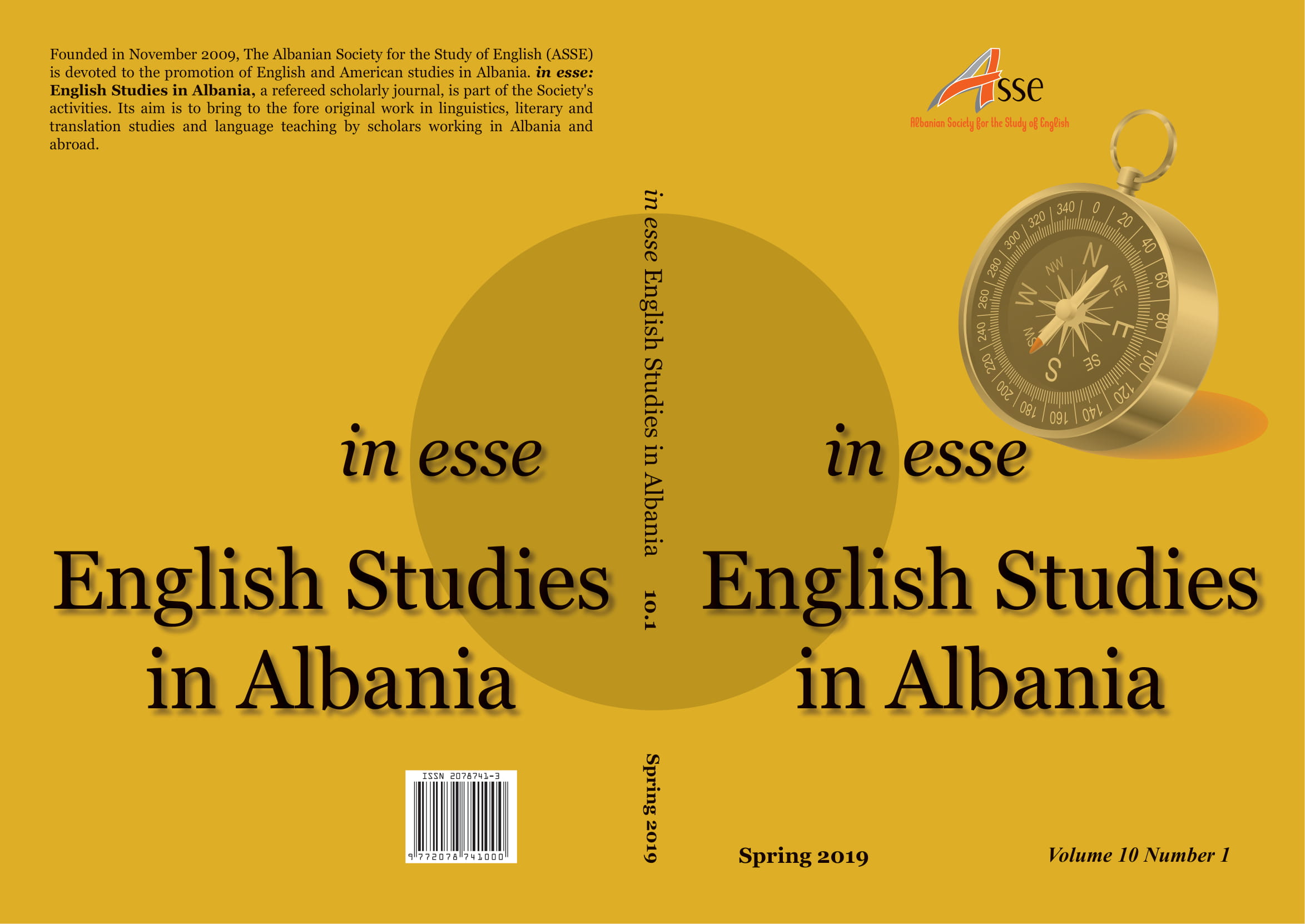Growing up in Yoknapatawpha: Race, Code/s and the Loss of Innocence in William Faulkner’s Short Stories
Growing up in Yoknapatawpha: Race, Code/s and the Loss of Innocence in William Faulkner’s Short Stories
Author(s): Šárka BubíkováSubject(s): Language and Literature Studies, American Literature
Published by: Albanian Society for the Study of English
Keywords: William Faulkner; The Unvanquished; American childhood; rites of passage; race; American South
Summary/Abstract: This paper discusses William Faulkner’s complex literary representations of childhood in some of his short stories. In mid-1930s, Faulkner published several short stories focusing on the coming of age and loss of innocence. While earlier critics interpreted Faulkner’s treatment of loss as typically modernist, it was later emphasized that the myth of antebellum South and the Jim Crow reality played a key role. However, even if race is significant in the coming of age of Faulkner’s characters, it is not the sole defining factor. Youth in the Faulknerian world of the Yoknapatawpha county struggles with the conflicting demands of tradition and individual inclination, limitations and expectations arising from existing codes—the Southern code of honor and the Christian moral code—as well as a lack of these in times of upheaval. While Faulkner places his child characters in a particular historical era and thinly veiled specific location, he also addresses some of the most common, general, or in a way existential aspects of childhood, such as peer relationships, struggles with authority, and loss of innocence.
Journal: in esse: English Studies in Albania
- Issue Year: 10/2019
- Issue No: 1
- Page Range: 34-47
- Page Count: 14
- Language: English

